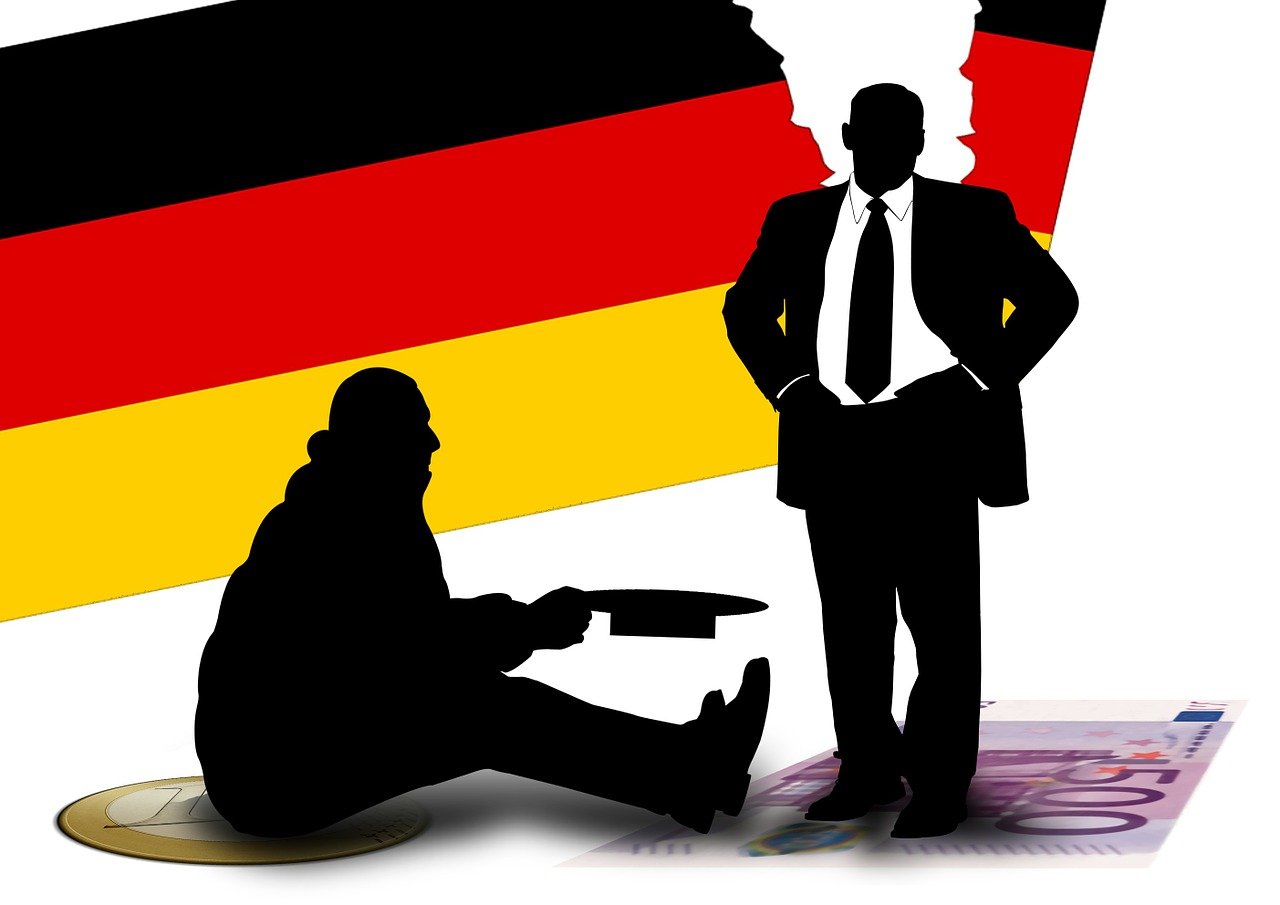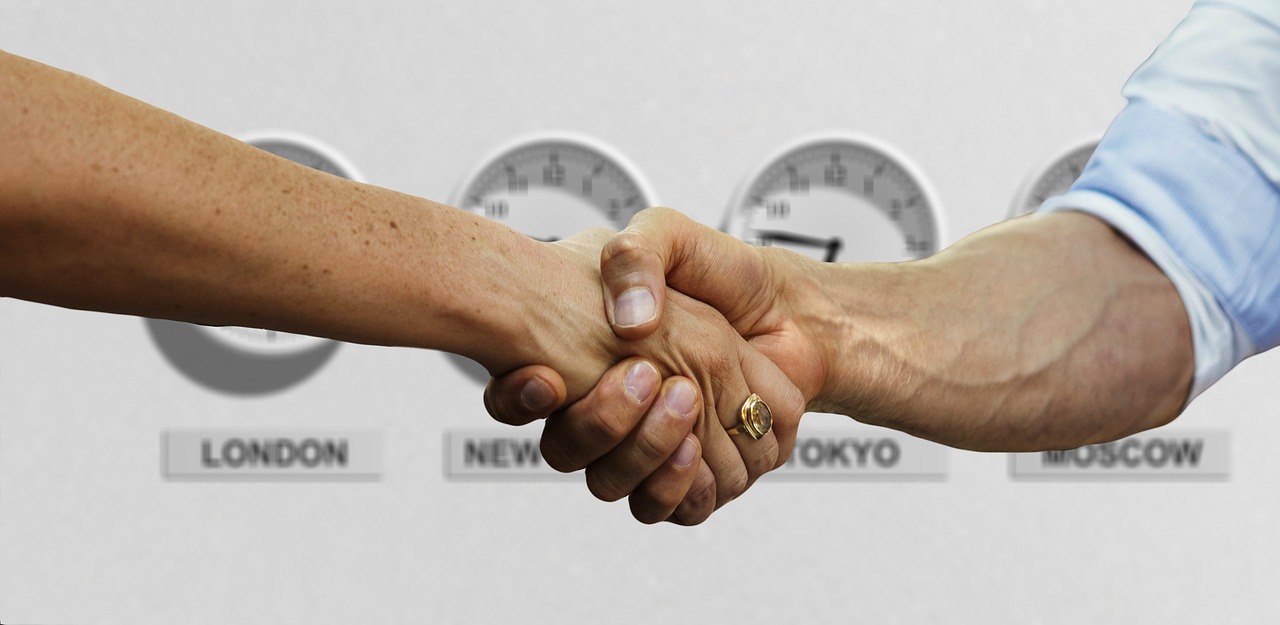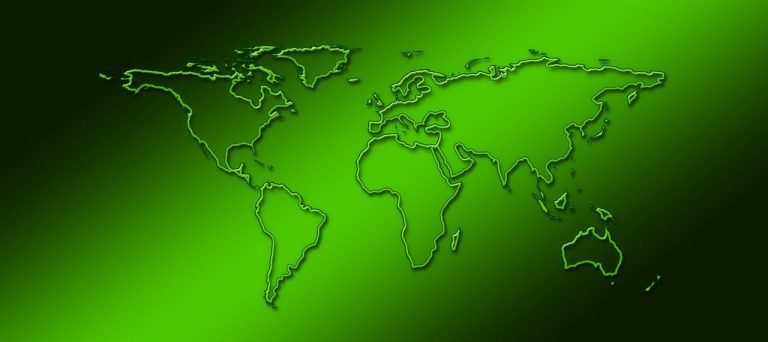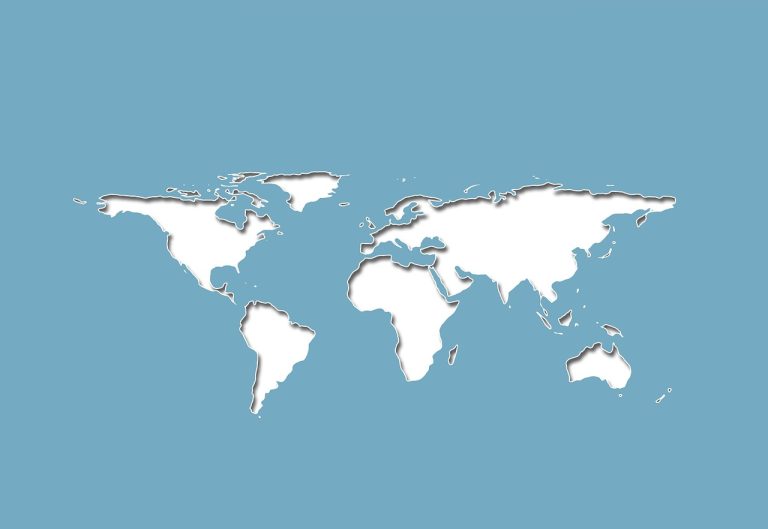
Assessing the Effectiveness of Philippine Anti-Corruption Policies: A Closer Look in 2022
Corruption remains a persistent issue in the Philippines, affecting various sectors and impeding economic and social progress. In recent years, the government has implemented a series of anti-corruption policies aimed at addressing these challenges. In 2022, a closer examination of these policies is crucial to understand their effectiveness and identify areas for improvement.
Introduction to Philippine Anti-Corruption Efforts
The Philippines has long struggled with corruption, which has been deeply embedded in its political and social fabric. Various administrations have attempted to combat this issue, but with varying degrees of success. The current government has introduced new measures and reinforced existing policies to curb corruption. The primary goal of these initiatives is to enhance transparency, accountability, and integrity within the public sector.
Central to these efforts is the Office of the Ombudsman, which plays a key role in investigating and prosecuting corrupt practices. Additionally, the Commission on Audit (COA) has been instrumental in auditing government transactions to ensure funds are used appropriately.
Key Anti-Corruption Policies Implemented
Several significant policies have been introduced to tackle corruption in the Philippines. Among them is the establishment of the Presidential Anti-Corruption Commission (PACC), tasked with investigating government officials accused of corruption. This commission works closely with other agencies to ensure a coordinated approach to combating corruption.
Another important initiative is the Freedom of Information (FOI) Executive Order, which mandates government agencies to disclose information and provide the public with access to official records. This policy aims to foster transparency and allow citizens to hold the government accountable.
The “Bayanihan to Heal as One Act” and its subsequent iterations have also incorporated anti-corruption measures, particularly in the procurement and disbursement of funds, to ensure that resources intended for pandemic response are not misused.
Evaluating the Effectiveness of Current Policies

Assessing the effectiveness of these anti-corruption policies involves examining several factors, including the number of successful prosecutions, public perception, and international rankings. The Philippines’ ranking on the Transparency International Corruption Perceptions Index serves as a benchmark for evaluating the country’s progress in the fight against corruption.
While there have been notable successes, such as high-profile prosecutions of government officials, challenges remain. Public perception of government integrity continues to be mixed, with many Filipinos expressing skepticism about the commitment of political leaders to genuinely address corruption.
Moreover, the implementation of policies often faces roadblocks such as bureaucratic inefficiencies and political interference, which can hinder the overall impact of anti-corruption measures.
Challenges in Implementing Anti-Corruption Policies
One of the major challenges in implementing anti-corruption policies in the Philippines is the deeply entrenched political patronage system. This system often leads to the appointment of individuals based on loyalty rather than competence, which can undermine efforts to promote transparency and accountability.
Furthermore, the lack of adequate resources and personnel in key agencies like the Ombudsman and COA can limit their capacity to effectively carry out their mandates. This often results in delayed investigations and prosecutions, reducing the deterrent effect of these measures.
Another significant challenge is the need for a stronger legal framework to support anti-corruption efforts. While existing laws provide a foundation, there are gaps that need to be addressed, such as the lack of whistleblower protection and the need for stricter penalties for corrupt practices.
Recommendations for Strengthening Anti-Corruption Policies
To enhance the effectiveness of anti-corruption policies, several recommendations can be considered. Firstly, increasing the funding and resources for key agencies involved in anti-corruption efforts is essential to ensure they have the capacity to fulfill their roles effectively.
Strengthening the legal framework by introducing comprehensive whistleblower protection laws and increasing penalties for corruption can also serve as a deterrent. Additionally, promoting a culture of transparency within government agencies through regular audits and public reporting can help build public trust and accountability.

It is also crucial to engage civil society organizations and the private sector in anti-corruption initiatives. These stakeholders can provide valuable insights and support, as well as hold the government accountable for its actions.
Conclusion: The Path Forward
The fight against corruption in the Philippines is an ongoing battle that requires sustained efforts and commitment from all sectors of society. While the current anti-corruption policies have laid a foundation for progress, there is still much work to be done.
By addressing the challenges and implementing the recommended measures, the Philippines can strengthen its anti-corruption framework and improve its standing in the international community. Ultimately, success in this endeavor will contribute to a more transparent, accountable, and prosperous nation for all Filipinos.
Public Engagement and Education
A crucial aspect of strengthening anti-corruption measures is engaging the public and educating citizens about their role in combating corruption. Public awareness campaigns can play a pivotal role in changing societal norms and attitudes towards corruption. By fostering a culture where corruption is universally condemned, the public can become active participants in demanding accountability and transparency from their leaders.
Educational programs targeting both young people and adults are essential in instilling values of integrity and ethics. Schools and universities can integrate modules on civic responsibility and anti-corruption strategies, empowering the younger generation to be vigilant and proactive in identifying and reporting corrupt practices.
The Role of Technology in Anti-Corruption Efforts
In the digital age, technology offers powerful tools to enhance anti-corruption efforts. Implementing e-governance platforms can significantly reduce opportunities for corruption by minimizing human intervention in government transactions. Online systems for licensing, permits, and procurement can streamline processes and make them more transparent.
Moreover, technology can facilitate better monitoring and reporting of corrupt activities. For instance, mobile apps and online portals can provide citizens with easy access to report instances of corruption anonymously, thereby protecting whistleblowers from potential retaliation.

Blockchain technology presents another innovative solution, offering a secure and transparent way to track government transactions and ensure funds are allocated and spent properly. By leveraging such technologies, the Philippines can enhance its anti-corruption framework and build more trust with its citizens.
International Cooperation and Support
Corruption is a global issue that transcends national borders, making international cooperation vital in combating it. The Philippines can benefit from collaborating with international organizations and other nations to share best practices and resources. Participation in global initiatives such as the OECD Anti-Corruption Programme can provide valuable insights and support for strengthening domestic policies.
Foreign aid and technical assistance can also play a role in enhancing the capacity of local agencies to fight corruption. International partnerships can help in training personnel, improving investigative techniques, and implementing new technologies.
By aligning with global standards and commitments, the Philippines can present itself as a credible partner in the international fight against corruption, thereby attracting more investment and fostering economic growth.
The Importance of Political Will
Ultimately, the effectiveness of anti-corruption policies hinges on the political will of the country’s leadership. Strong leadership commitment to transparency and accountability is essential for the successful implementation of anti-corruption measures. Political leaders must lead by example, ensuring their actions and decisions are free from corruption.
Regular public declarations of assets and liabilities by government officials can help build trust and demonstrate a commitment to integrity. Furthermore, political leaders must be willing to support and protect institutions tasked with investigating and prosecuting corruption, allowing them to operate independently and without fear of interference.
Conclusion: A Collective Responsibility
The fight against corruption is a collective responsibility that requires the active participation of all sectors of society. While the Philippine government has made strides in implementing anti-corruption policies, continuous evaluation and adaptation of these measures are necessary to address evolving challenges.
By fostering a culture of transparency, leveraging technology, engaging the public, and demonstrating strong political will, the Philippines can make significant progress in its anti-corruption efforts. Moreover, international cooperation and support will bolster these initiatives, contributing to a more equitable and prosperous future for the country.

As the nation moves forward, it is imperative to remain vigilant and committed to the principles of integrity and accountability, ensuring that corruption does not hinder the country’s development and prosperity.
Monitoring and Evaluating Policy Impact
To ensure that anti-corruption policies achieve their intended outcomes, robust monitoring and evaluation mechanisms must be in place. Regular assessments of policy impact can provide valuable insights into what is working and what requires adjustment. This involves not only quantitative measures, such as the number of prosecutions or audits conducted, but also qualitative assessments of the changes in public perception and trust.
Independent bodies should be tasked with evaluating these policies to provide objective analyses free from political influence. Such evaluations can identify gaps in implementation and offer recommendations for refinement, ensuring that policies remain effective and relevant in addressing corruption.
Furthermore, involving civil society organizations in the monitoring process can enhance transparency and foster a collaborative approach to policy evaluation. By engaging multiple stakeholders, the government can build a more comprehensive understanding of the impact of its anti-corruption efforts.
Strengthening Institutional Frameworks
Strong institutions are the backbone of effective anti-corruption efforts. Strengthening the institutional frameworks that support transparency and accountability is essential for sustained success. This includes bolstering the capacity of the judiciary to handle corruption cases efficiently and impartially, ensuring timely justice delivery.
Enhancing the independence and operational efficiency of key agencies like the Ombudsman and COA is also crucial. Providing these bodies with the necessary resources, authority, and autonomy can empower them to pursue high-profile cases without fear of political retribution, thereby reinforcing their role as guardians of integrity.
Institutional reforms should also extend to local government units, where corruption can be particularly pervasive. Decentralizing anti-corruption efforts and providing local bodies with the tools and training needed to enforce transparency can have a significant impact on reducing corruption at the grassroots level.

Encouraging Ethical Business Practices
The private sector plays a significant role in the fight against corruption. Encouraging ethical business practices can complement governmental efforts and create a more transparent economic environment. Companies should adopt strong corporate governance policies that emphasize ethical conduct, transparency, and accountability.
By establishing clear anti-corruption guidelines and conducting regular audits, businesses can prevent corrupt practices in their operations. Collaborating with government agencies to create a safe reporting environment for employees can also encourage the exposure of corrupt activities.
Initiatives like the United Nations Global Compact provide frameworks for businesses to align their strategies with universal principles on human rights, labor, environment, and anti-corruption, offering valuable resources and networking opportunities to foster ethical business practices.
Building a Culture of Integrity
Ultimately, the most effective weapon against corruption is a culture of integrity that permeates all aspects of society. This requires a concerted effort to instill values of honesty and ethical behavior from a young age. Educational initiatives, community programs, and national campaigns can reinforce these values across generations.
Role models in leadership positions should exemplify the highest standards of integrity, inspiring others to follow suit. Media outlets and cultural influencers can also play a part by promoting stories and narratives that highlight the importance of ethical conduct.
By creating an environment where integrity is celebrated and corruption is universally condemned, the Philippines can foster a society that actively resists corrupt practices and supports transparency and accountability in all sectors.
Conclusion: Towards a Corruption-Free Future
The journey towards a corruption-free Philippines is challenging but achievable with sustained commitment and collaboration. By strengthening institutional frameworks, leveraging technology, fostering public engagement, and promoting ethical practices, the country can make significant strides in eliminating corruption.
Success in this endeavor will not only improve governance and economic growth but also enhance the quality of life for all Filipinos, paving the way for a more just, equitable, and prosperous society. As stakeholders continue to work together in this crucial fight, the vision of a transparent, accountable, and corruption-free Philippines can become a reality.



